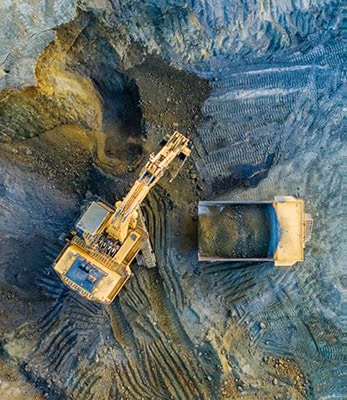Responsible Management of Minerals

Huawei is committed to and works to drive the responsible procurement of products containing raw materials, including tin, tantalum, tungsten, gold (3TG), cobalt, and mica. We have established a risk-based responsible mineral management system in accordance with the OECD Due Diligence Guidance for Responsible Business Conduct and the Chinese Due Diligence Guidelines for Mineral Supply Chain. The responsible management of minerals is an integral part of our procurement CSR management system, and has been embedded to supplier qualification, supervision, and auditing processes. As a downstream company in the mineral supply chain, Huawei does not directly purchase any minerals, and there are at least seven tiers between Huawei and mining companies. We require that our suppliers do not purchase conflict minerals, and ask them to cascade this requirement to their own suppliers, in order to prevent or reduce the risk that minerals contained in their products may directly or indirectly support human rights abuses, harm the environment or personal health and safety, or breed corruption. Huawei also actively works with global industry peers through industry initiatives like the Responsible Minerals Initiative (RMI) and the Responsible Critical Mineral Initiative (RCI). Together with partners up and down the supply chain, we conduct supply chain surveys, create a complete list of all related smelters, and push these smelters to apply for or maintain the Responsible Minerals Assurance Process (RMAP) certification.
In 2023, in response to the RMI's call, Huawei added mica to its list of due diligence on responsible mineral management. This means that we now identify suppliers of six minerals: tin, tantalum, tungsten, gold (3TG), cobalt, and mica. According to the Conflict Minerals Reporting Template (CMRT) and the Extended Mineral Report Template (EMRT), we urge suppliers to identify and investigate all smelters within their supply chains, and our suppliers must require that no identified smelters purchase minerals from conflict-affected and high-risk areas (CAHRAs), and urge smelters that have not obtained the RMAP certification to get the certification within a specified timeframe when necessary.

